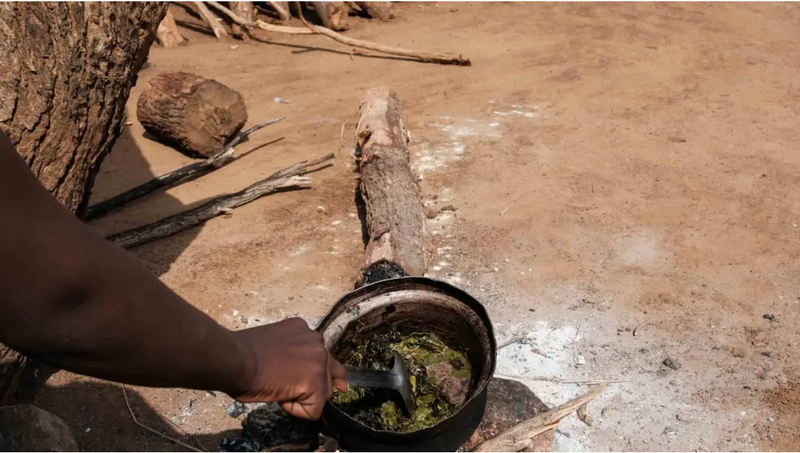Fighting in Eastern Rafah Continues
Israeli forces continued to push forward over the weekend in the southern Gaza city of Rafah, with witnesses reporting strikes and street fighting as the Israeli military reinforced its control over neighborhoods east of the Salah al-Din road....
Facts
- Israeli forces continued to push forward over the weekend in the southern Gaza city of Rafah, with witnesses reporting strikes and street fighting as the Israeli military reinforced its control over neighborhoods east of the Salah al-Din road.1
- Hundreds of thousands of Palestinians already displaced by earlier military actions were forced to flee the area, and the Rafah Crossing — a critical access point for aid entering the strip — is still closed. Aid workers have reported that they are not prepared to receive so many people.2
- The main UN agency for Palestinian refugees (UNRWA) reported that 360K Palestinians have fled Rafah out of the estimated 1.3M who sought refuge there. Israeli officials have argued that advancing into Rafah is the only way to defeat Hamas' remaining forces.3
- Axios reported on Monday that US, Israeli, and Palestinian officials said that Israel proposed last week that the Palestinian Authority (PA), which partially governs the West Bank, participate in running the Rafah Crossing. Palestinian Pres. Mahmoud Abbas reportedly refused the offer under the current Israeli conditions.4
- On Sunday, US Secretary of State Antony Blinken said that the US wants Israel to 'get out of Gaza.' He added that Israel’s tactics in the war have failed to neutralize Hamas and could create a power 'vacuum' in the enclave.5
- Elsewhere, Israeli forces also advanced in the north. The Israeli military called for residents of Jabaliya to evacuate the area over the weekend after saying that it had intelligence that Hamas was regrouping there. Rocket fire from Gaza has also continued, though sporadically.6
Sources: 1Guardian, 2Reuters, 3Associated Press, 4Axios, 5FOX News and 6Jerusalem Post.
Narratives
- Pro-establishment narrative, as provided by New York Times. Israel must be able to defend itself from terrorist attacks from Gaza or elsewhere, and the US is committed to preventing malicious actors from threatening Israel's legitimate concerns. However, the humanitarian situation in Gaza has gotten out of hand, and the Biden administration will not support any further offensive action in Rafah. Netanyahu must keep his promises and work with US allies to find a resolution to this conflict.
- Pro-Israel narrative, as provided by Jerusalem Post. There is only one word to describe the Biden administration's current policy toward Israel — betrayal. At the climax of this war, Biden has unilaterally decided that the opinions of pro-Hamas fanatics are more important than Israel's legitimate security concerns. Other US allies should take heed.
- Pro-Palestine narrative, as provided by Responsible Statecraft. Reflexive US support for Israel over the decades has finally culminated in a horrifying display of human brutality — mass famine against the Palestinian people. Besides moral consideration around supporting Israel's slaughter in Gaza, Israel has consistently proven time and time again that it is a bad ally that is highly unreliable. While American and Israeli interests continue to diverge, successive American leaders have failed to recalibrate. Now, the US is risking a disaster by supporting a rogue Israeli state.







